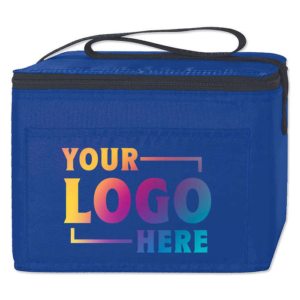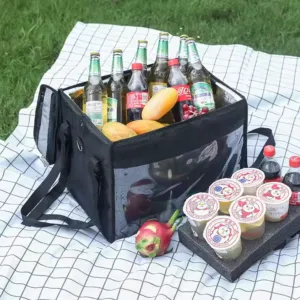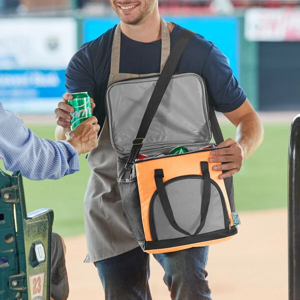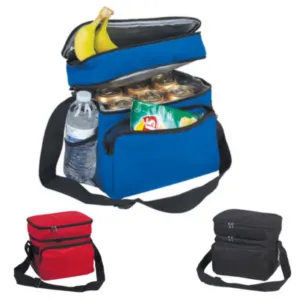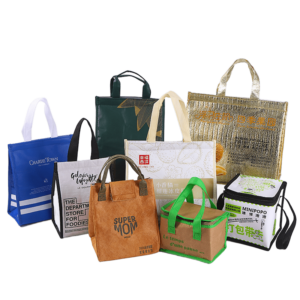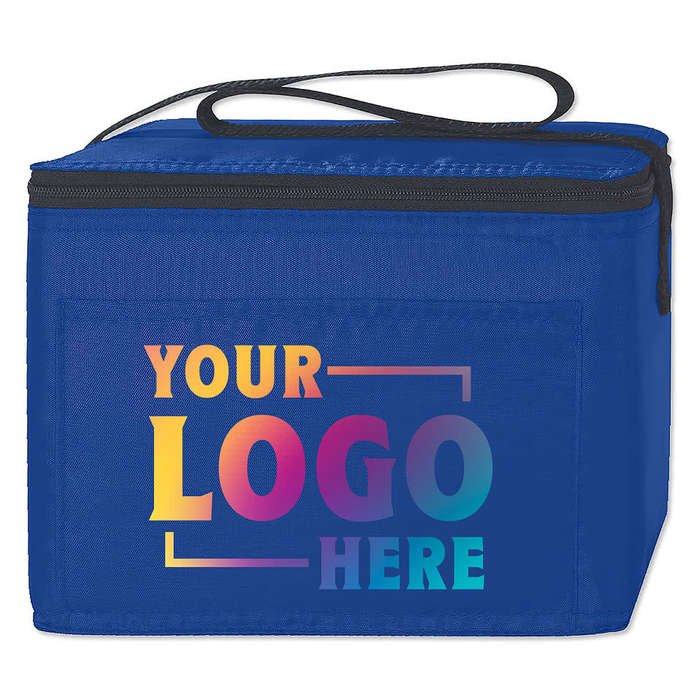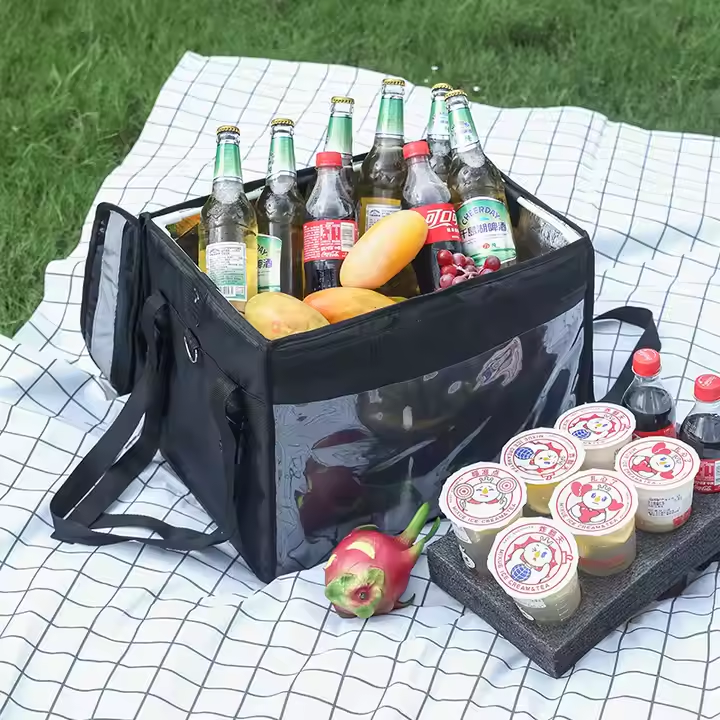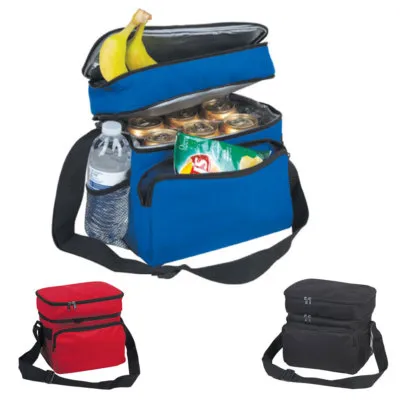With stricter plastic regulations and rising environmental awareness, 2025 highlights a shift toward sustainable packaging. This list presents the top five eco-friendly alternatives to single-use plastic bags, offering practical, reusable, and biodegradable options.
Top 5 Eco-Friendly Alternatives to Plastic Bags in 2025
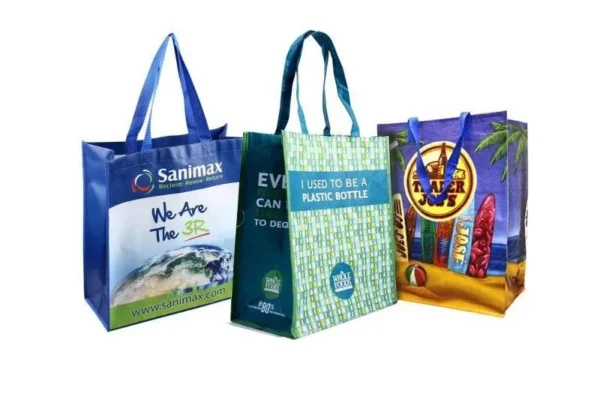
These plastic bag alternatives combine sustainability with function, offering reusable, compostable, or recyclable solutions for everyday use.
Discover which green option suits your lifestyle best and explore how these innovations are shaping the future of packaging. Learn more about our factory solutions like non-woven bags tailored for wholesale and corporate use.
1. Reusable Cloth & Canvas Bags
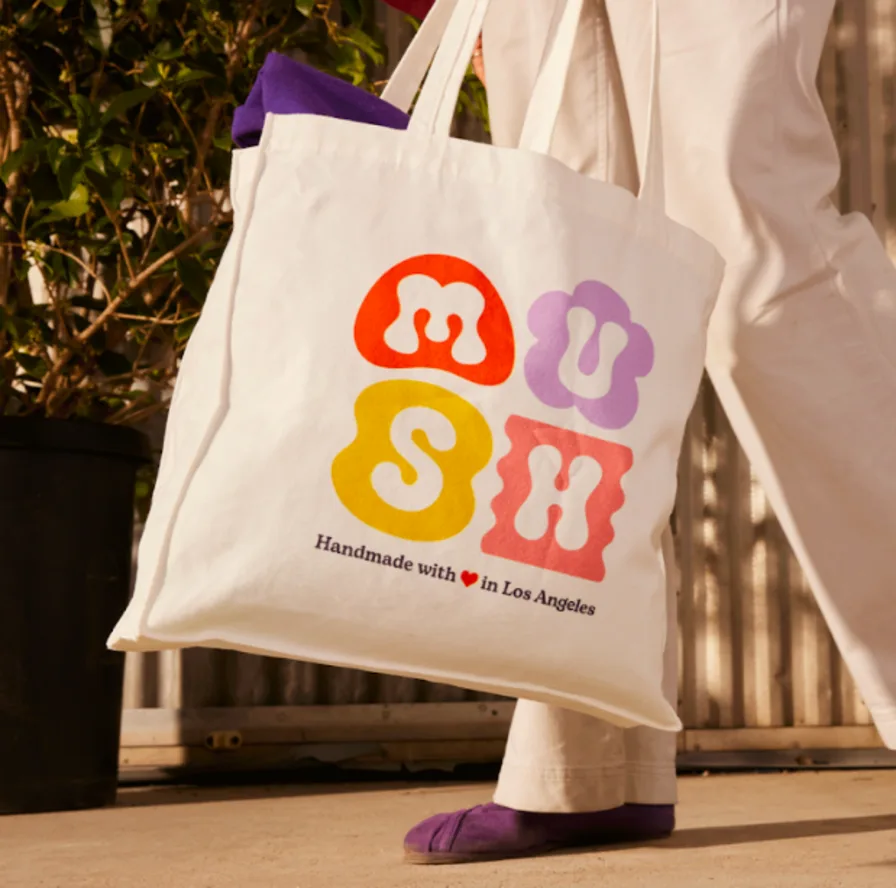
Dive-Deeper paragraph:
Reusable cloth and canvas bags remain a timeless eco-friendly alternative. Typically made from organic cotton, hemp, or heavy-duty canvas, these bags provide both form and function. Their strength supports heavy groceries and repeated use, while their washable quality ensures hygiene and longevity.
Features and Benefits
| Feature | Detail |
|---|---|
| Material | Organic cotton, canvas, hemp |
| Use Cases | Grocery shopping, books, errands |
| Lifespan | Several years with regular washing |
| Compostable | Yes, at end-of-life (natural fiber only) |
Practical Notes
Their availability in multiple sizes and styles makes them a popular choice for eco-conscious consumers. They fold easily and can be kept in car trunks or backpacks. Many brands also offer printed designs, blending utility with fashion. Over time, cloth bags save money and reduce overall plastic use.
2. Jute Bags
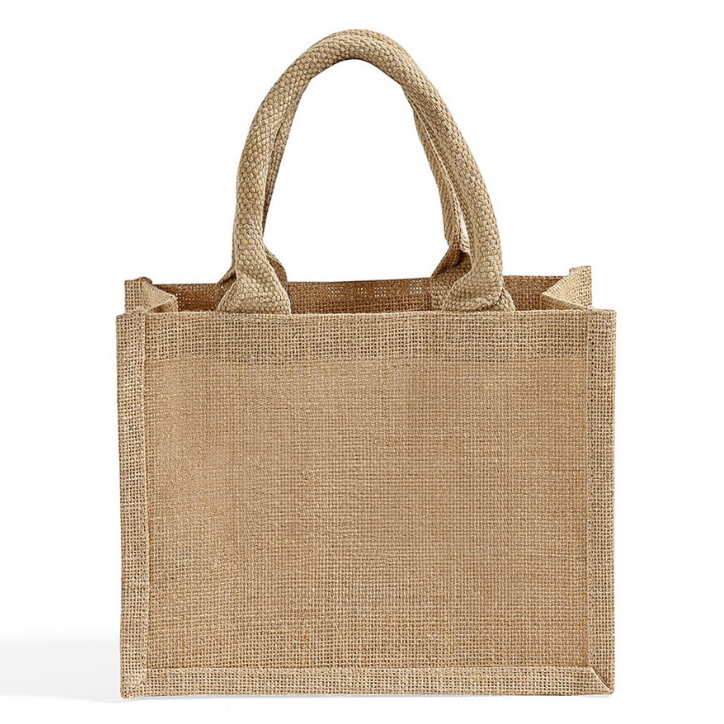
Dive-Deeper paragraph:
Jute bags are crafted from the jute plant, a fast-growing, biodegradable resource. The texture is coarse yet breathable, making it ideal for fresh produce or bulky groceries. These bags are favored for their natural, earthy aesthetic and impressive weight-bearing capacity.
Features and Benefits
| Feature | Detail |
|---|---|
| Material | 100% natural jute fibers |
| Biodegradable | Fully compostable within months |
| Strength | Durable and tear-resistant |
| Popular Usage | Market bags, produce totes, event giveaways |
Practical Notes
Jute bags are increasingly popular in eco-themed retail packaging and sustainable fashion. Their breathability helps prevent mold or odor when storing vegetables. They're also an excellent canvas for screen-printed logos, making them popular as reusable branding tools for green-focused businesses.
3. Recycled PET (rPET) Bags
Dive-Deeper paragraph:
rPET bags give plastic bottles a second life. These bags are made by processing discarded PET (polyethylene terephthalate) into strong, water-resistant fabric. They’re ideal for consumers looking to support recycling while using durable, stylish bags.
Features and Benefits
| Feature | Detail |
|---|---|
| Material | Recycled plastic bottles (PET) |
| Waterproof | Yes |
| Durability | High; resistant to tears and moisture |
| Recycling Symbol | #1 PET, fully recyclable |
Practical Notes
Although rPET bags are not biodegradable, they close the loop by reducing plastic waste and avoiding virgin plastic use. They’re commonly used in reusable shopping bags, insulated lunch bags, and promotional gifts. Their slick surface allows for vibrant prints and brand messaging, making them a smart choice for businesses.
4. Silicone & PEVA Food Storage Bags
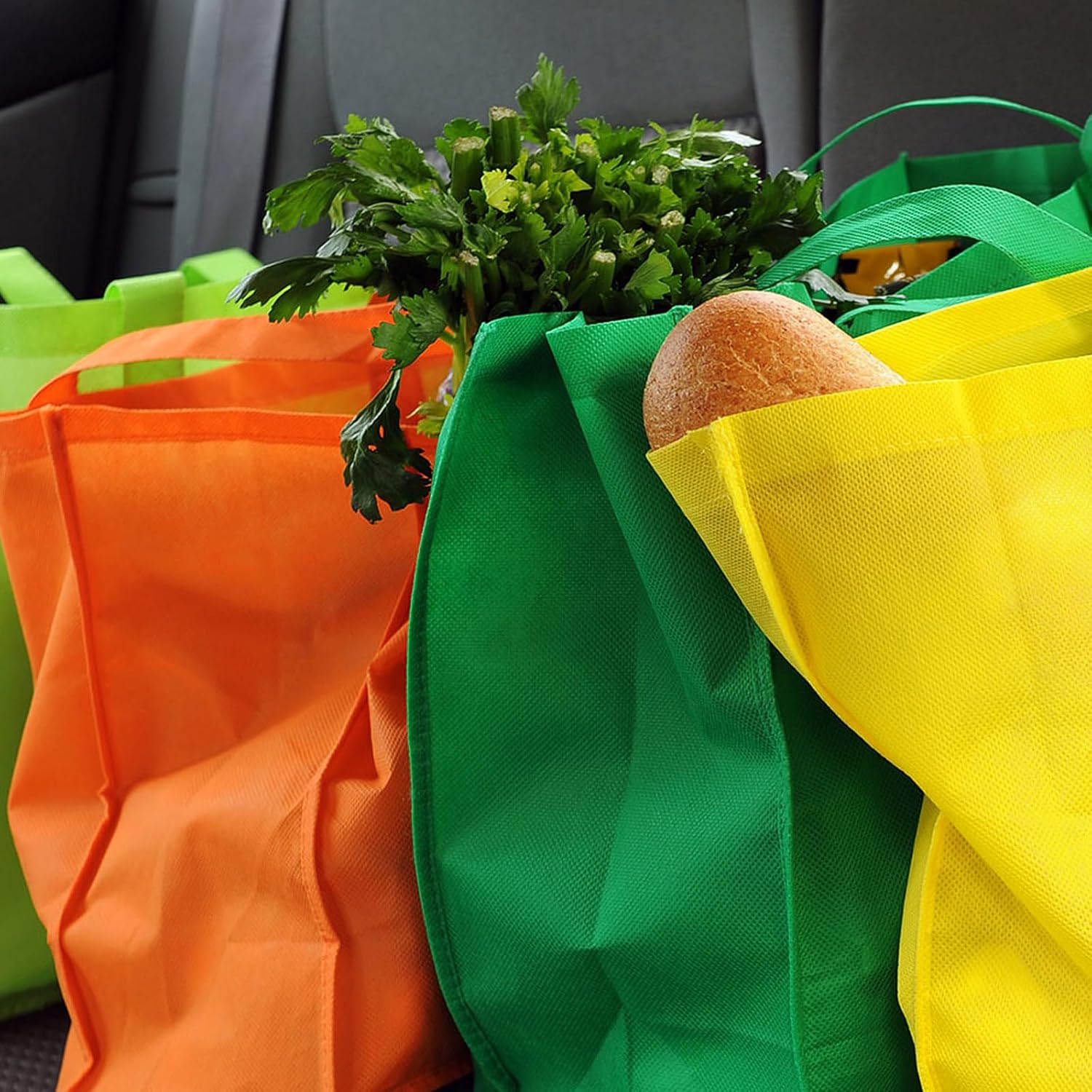
Dive-Deeper paragraph:
These reusable storage bags are designed for kitchen use and small-item organization. Silicone and PEVA (a safer alternative to PVC) are non-toxic, flexible, and resistant to extreme temperatures. They're perfect for families or professionals who pack lunches or snacks daily.
Features and Benefits
| Feature | Detail |
|---|---|
| Materials | Food-grade silicone, PEVA |
| Usage | Snack bags, freezer storage, travel organizers |
| Chemical-Free | BPA- and phthalate-free |
| Cleaning | Dishwasher-safe or easy to rinse |
Practical Notes
Silicone bags can be used in ovens, microwaves, and freezers, making them incredibly versatile. While not biodegradable, their durability significantly cuts down on single-use plastic waste. PEVA bags are softer and lighter, great for cold items or school snacks. Both types support the zero-waste lifestyle and reduce daily plastic consumption.
5. Non-Woven Tote Bags
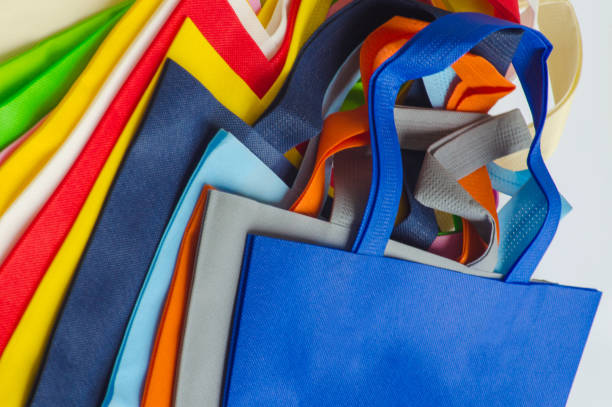
Dive-Deeper paragraph:
Non-woven tote bags are made from polypropylene fibers bonded together through heat and pressure instead of weaving. They are lightweight, durable, and reusable—making them a popular choice among retailers and hospitality providers. These bags are also cost-effective and easy to customize with logos, colors, and designs.
Features and Benefits
| Feature | Detail |
|---|---|
| Material | Polypropylene (PP) |
| Reusable | Yes, for 100+ uses with proper handling |
| Customization | Easy to print and brand |
| Biodegradable | Not fully, but recyclable and reusable |
Practical Notes
Non-woven tote bags are widely used by supermarkets, clothing stores, hotels, and conference organizers. They serve as eco-friendly shopping bags, giveaway bags, and event merchandise carriers. If you're looking for a strong, stylish, and factory-priced option, check out our non-woven bag collection, available for bulk customization.
Conclusion
In 2025, switching to eco-friendly alternatives is not only necessary—it’s practical. From cloth totes and jute bags to silicone wraps and rPET carriers, each option suits different needs and lifestyles. Whether you're packing groceries, snacks, or gifts, there's a green substitute for every plastic bag.
At JiaRong Packing, we specialize in sustainable solutions, including non-woven bags that are durable, reusable, and customizable. If you're a retailer or distributor looking to replace plastic in bulk, we invite you to explore our factory-direct options.
Which eco bag do you use the most in 2025? Tell us below!


